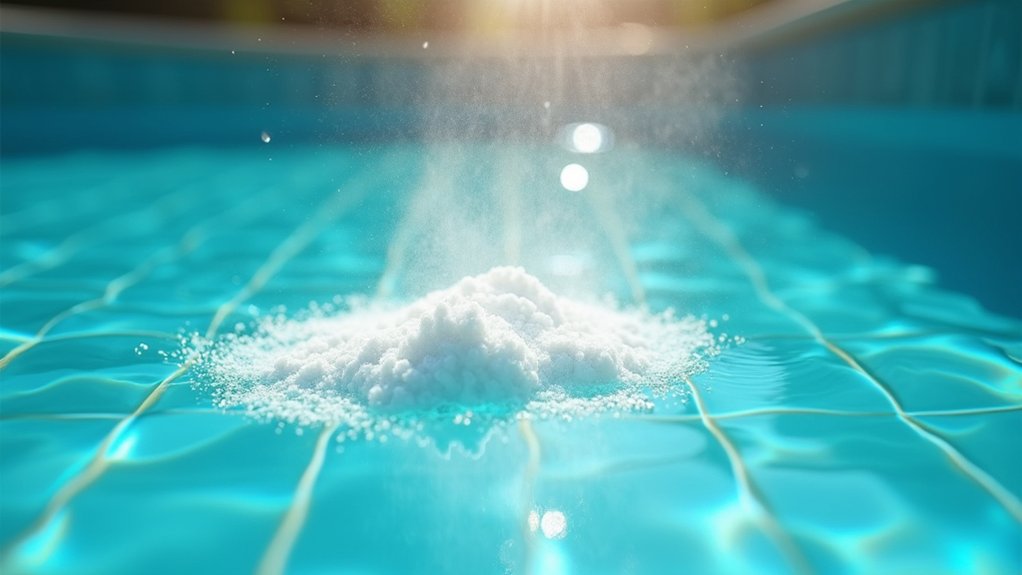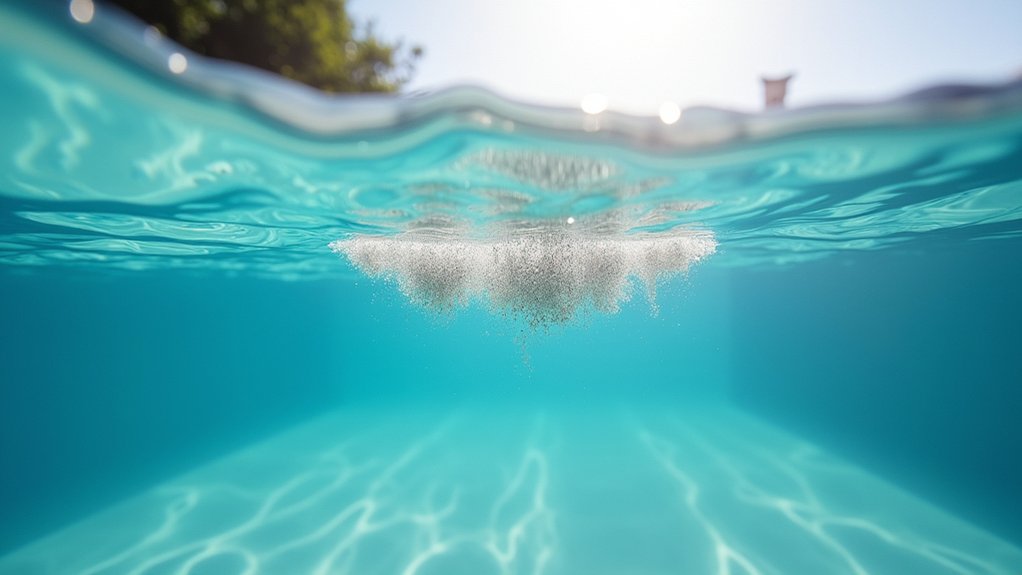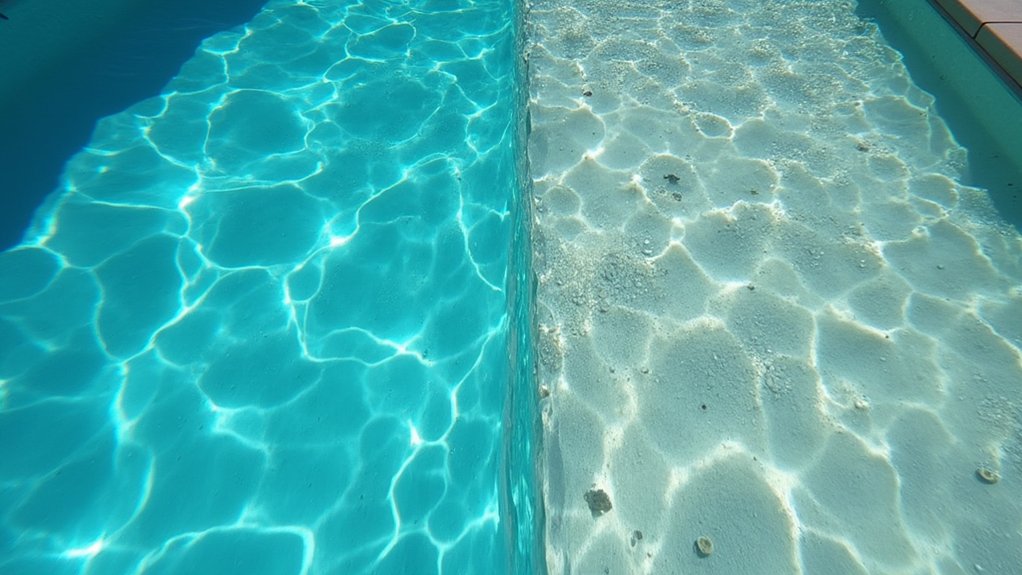Deciding to add a pool to your backyard is an exciting adventure. It’s a place where families create lasting memories, from summer splashes to relaxing weekends. But one crucial decision stands between you and your dream pool: choosing the correct size. This choice isn’t just about fitting the pool into your yard; it’s about fitting it into your life.
In the following sections, we’ll discuss critical considerations to help you determine the best pool size for your family. Let’s dive in!
Assessing Your Family’s Needs
Consider How You Will Use the Pool
Before choosing a pool size, consider how your family will use it. Are you looking for a space to swim laps or a shallow area for young kids to splash around? Guests might need extra space to lounge and mingle if you love hosting pool parties. Each family has different needs, so identify what’s most important to you.
A more extended pool provides room for swimming laps for those who enjoy exercise. If relaxation is your goal, a smaller, more intimate pool with built-in seating might be ideal. Families with children may want a graduated-depth pool, where one end is shallow enough for kids but deepens for older swimmers. Knowing your primary uses will help narrow the options and ensure your pool fits your lifestyle.
Evaluate the Number of Swimmers
The number of people using the pool regularly impacts the size you should choose. A more prominent family or frequent guests means you need more space to ensure everyone can enjoy the pool comfortably. For a family of four, a medium-sized pool might be plenty. However, if you host large gatherings, consider a bigger pool accommodating everyone.
Think about peak usage times. How many swimmers might you have during summer weekends or holidays? Overcrowding can make the pool less enjoyable, so it’s essential to have a realistic estimate. Balancing these aspects will create a more pleasurable and functional pool environment for everyone involved.
Understanding Pool Sizes and Dimensions
Common Pool Sizes and Their Uses
Knowing standard pool sizes can help you make an informed decision. Small pools, also known as plunge pools, are perfect for tight spaces and are great for cooling off and relaxing. They usually measure about 10×20 feet. Medium-sized pools, around 16×32 feet, provide enough room for swimming and playing. Large pools, measuring over 20×40 feet, are ideal for prominent families, entertaining guests, and serious swimming.
Each size has its benefits. Plunge pools are easy to maintain and perfect for small yards. Medium pools balance space and cost, making them a popular choice. Large pools provide ample space for varied activities and can become a centerpiece for gatherings. Choose the size that best matches your family’s needs and activity preferences.
Space Requirements and Layout
Before finalizing your pool size, consider the space available in your yard. Measure the area to understand what fits best without overwhelming the space. Leave room for poolside furniture, pathways, and landscaping. A well-thought-out layout enhances the pool’s functionality and appearance, making it a pleasant addition to your home.
Consider any zoning laws or homeowners association rules restricting pool size or placement. It’s essential to ensure your plans comply with local regulations. Also, consider sun exposure, wind direction, and proximity to trees, which can affect your pool’s usage and maintenance. A clear, accurate layout plan ensures your pool fits seamlessly into your yard while providing the best user experience.
Balancing Budget and Maintenance
Cost Implications of Different Sizes
Choosing the right pool size involves more than just considering space and use; budget plays a significant role, too. Smaller pools are generally less expensive to build. They require fewer materials and less labor, making them a cost-effective choice. A smaller pool may be the way to go if you have a tight budget.
Medium and large pools have higher initial costs. The bigger the pool, the more it costs due to the need for additional materials, excavation, and construction time. In addition to the construction costs, heating, chemicals, and utilities also increase with the pool size. So, when balancing budget and size, consider the upfront cost and the ongoing maintenance expenses.
Maintenance Considerations
Smaller pools require less maintenance, which means savings on chemicals, cleaning, and water. They heat up faster and use less energy, making them more eco-friendly and cost-effective. A smaller pool might suit you best if you prefer a lower-maintenance option.
Larger pools require more upkeep. They have more surface area to clean, more water to treat, and more energy to use, pushing your monthly bills. Ensure you have the time and resources to keep a larger pool in good condition. Regular maintenance is crucial to extending the pool’s life and keeping it safe, so factor these needs into your decision-making process.
Planning for the Future
Accommodating Growing Families
Your pool should meet both current and future needs. Choosing a slightly larger pool might be wise if you plan to have more children or anticipate grandkids in the future. Larger families or those who often have guests will benefit from extra space. Consider how many people might use the pool in the coming years and pick a size that won’t feel crowded.
Consider adding features that might be useful down the line, such as a shallow area for young kids that can also serve as a lounging spot as they grow older. Flexible design options ensure that the pool remains functional and enjoyable for everyone.
Resale Value and Long-Term Benefits
A well-sized pool can enhance your home’s resale value. While a vast pool might seem like a selling point, it can sometimes deter buyers due to upkeep concerns. A pool that balances size with practicality is more likely to appeal to potential buyers. It should be big enough to enjoy but not so large that it becomes a burden.
Consider choosing a pool size that complements your home’s architecture and landscape. An appropriately sized pool enhances the yard’s overall appeal and functionality, providing long-term benefits beyond just recreation. A well-chosen pool can make your property stand out if you sell your home.
Conclusion
Selecting the right pool size is a significant decision that affects your family’s enjoyment, budget, and property value. Whether you’re looking to dive into a new hobby, entertain friends, or create a quiet retreat, the right pool size makes all the difference. Careful planning and consideration ensure your pool meets your needs today and beyond.
Ready to find the perfect pool for your family with a pool construction company? Contact Schiller Pools today to learn more about our custom fiberglass pool options and expert installation services. Let’s bring your pool dreams to life!






